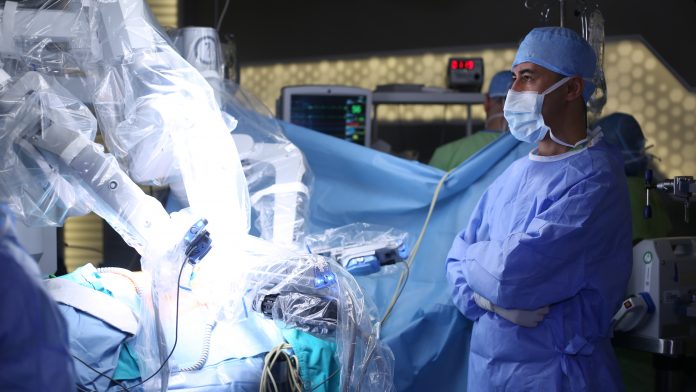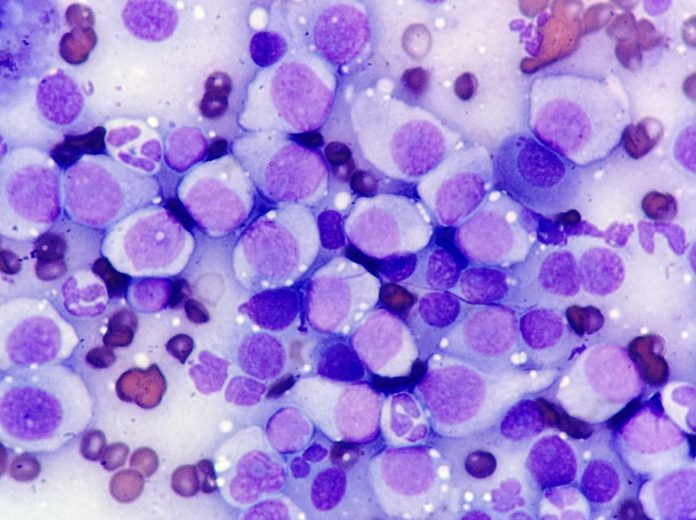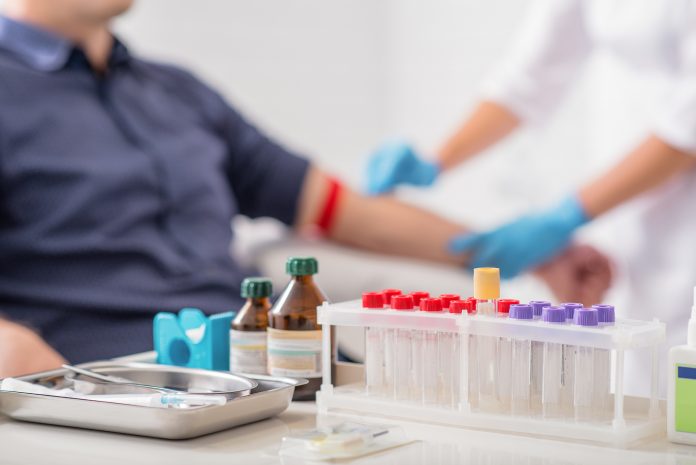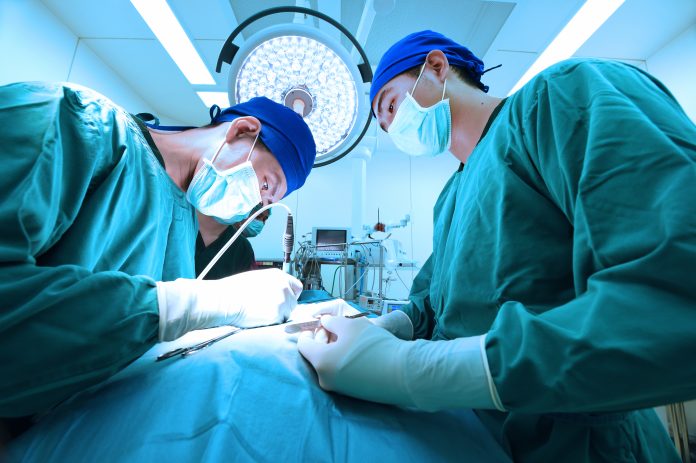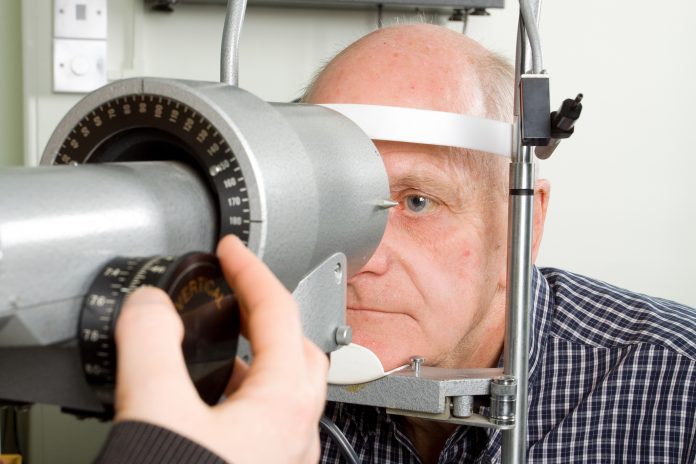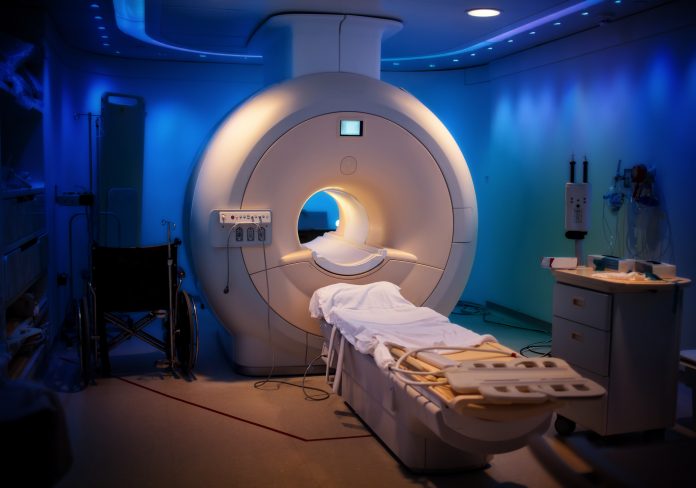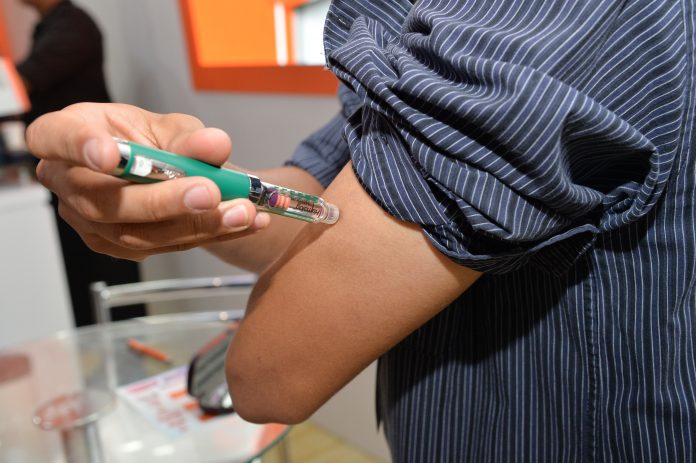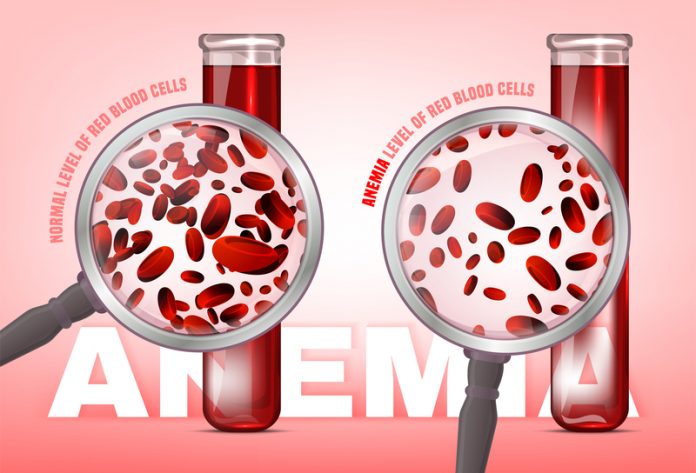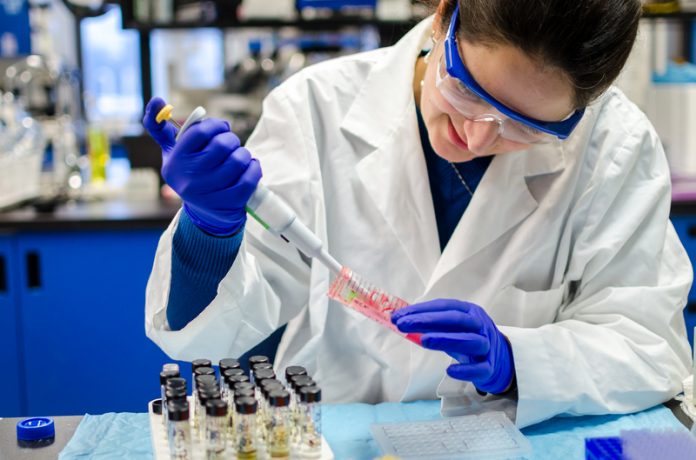Open Access Government produces compelling and informative news, publications, eBooks, and academic research articles for the public and private sector looking at health, diseases & conditions, workplace, research & innovation, digital transformation, government policy, environment, agriculture, energy, transport and more.
Home Search
red blood cell - search results
If you're not happy with the results, please do another search
Advancing surgeries: How can technology change procedures?
The healthcare sector is constantly changing, and many practices have been modified to become more efficient: So how can technology help with advancing surgeries?
Scientists identify sea as how cancer spread 6,000 years ago
Researchers found out how cancer spread around the world, between sea-faring dogs around 6,000 years ago in Asia.
Anti-starvation mechanism identified as obesity cause
Researchers suggest that a molecular anti-starvation mechanism may now be contributing to the obesity epidemic.
New approach to engaging rough sleeping and homeless community
Public Health England South West coordinated a multi-intervention day with local healthcare providers, charities and services to provide TB screening for the rough sleeping and homeless community.
NASA research reveals what happens to human body in space
Results from NASA's landmark Twins Study reveals interesting, surprising and reassuring data about how one human body in space adapted to, then recovered from, that extreme environment.
Discussing the AIM study (Adiposity, Influenza and Men)
A common experience to the influenza vaccine: wouldn’t it be nice! Dr. Patricia Doyle-Baker discusses the AIM study, the issues and the results.
Charities renew investment in Type 1 diabetes treatment
Diabetes UK and JDRF have announced their continued commitment to revolutionising Type 1 diabetes treatment, by awarding £490,000 to fund the next generation of immunotherapy research.
New prognostic test could make personalised IBD treatment
Scientists at the University of Cambridge have developed a new test that can reliably predict the future course of inflammatory bowel disease (IBD) in individuals, transforming treatments for patients.
Scientists discover gene that prevents obesity
Around four million people in the UK carry genetic variants that protect them from obesity, type 2 diabetes and heart disease, suggests new research from the University of Cambridge.
Early detection of corneal disease with THz and millimetre wave frequency
THz and millimetre wave frequency techniques, combined with thin film measurement methods, provide early detection of corneal edema associated with disease in the view of Zachary Taylor, Assistant Professor at Aalto University.
Cardiovascular magnetic resonance imaging and spectroscopy in animal care
Professor Ulrich Flögel explores how magnetic resonance techniques can be used for basic research into animal care in this report.
Advancing research and developing new therapies for inherited retinal eye diseases
Takeshi Iwata, Division Director at the National Institute of Sensory Organs, National Hospital Organization Tokyo Medical Center, tells us about advancing research and developing new therapies for inherited retinal eye diseases.
Q fever: An emerging problem in LMIC and the need for improved vaccines
Q fever is an emerging problem in low and middle-income countries (LMIC) and, therefore, there is a need for improved vaccines, in the view of Head of Disease Control at Moredun Research Institute.
Research reveals sugar could cure respiratory diseases
The restriction or inhalation of common sugar could one day treat a range of respiratory diseases, according to new research led by University of Manchester biologists.
Metabolic data key to individualise diabetes therapy
Peter Robins, from Metabolic Health Solutions (MHS), describes how a new clinical management tool can help individualise treatment of obesity and Type 2 diabetes.
Anaemia: Challenges and concerns on iron deficiency
Cecilia Van Cauwenberghe from Frost & Sullivan’s TechVision Group provides an overall perspective and analysis on the public health concern of anaemia, including the challenges and concerns when it comes to iron deficiency.
Employing “living biobanks” to advance biomedical research
A group of seasoned experts from the International Society for Biological and Environmental Repositories explain the notion of employing “living biobanks” to advance the field of biomedical research.
Ageing and chronic kidney disease (CKD): The phosphate connection in biomedical science
Dr Makoto Kuro-o from the Division of Anti-Aging Medicine, Jichi Medical University in Japan gives a fascinating glimpse into an aspect of biomedical science that concerns the subject of how phosphate accelerates ageing, including his thoughts on chronic kidney disease (CKD).
NHS uses AI technology to fight coronary heart disease
Dr. Connolly, Consultant Interventional Cardiology, talks exclusively to Open Access Government about the NHS use of AI technology like Heartflow in the fight against coronary heart disease.
The link between traffic-related air pollution and neurologic disease?
Pamela Lein and Rhianna Morgan discuss organosulfates and the growing connection between air pollution and neurologic disease
The World Health Organization (WHO) estimates that traffic-related air pollution (TRAP) caused by gasoline and diesel emissions from automobiles, trucks, locomotives, ships and airplanes is responsible for more than 1 million premature deaths...

